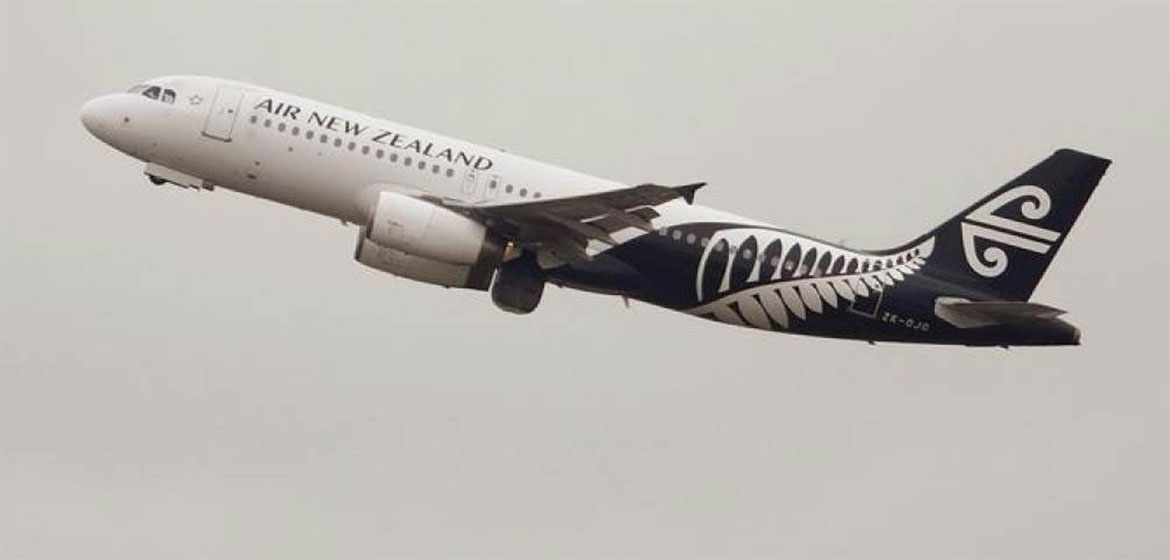'Maori is ours. You don't get to culturally misappropriate it for profit'
By Rina Chandran
BANGKOK - It's a friendly greeting heard everywhere in New Zealand, but charges of cultural appropriation have pitted Kiwis with indigenous Maori heritage against the national airline, after it sought to trademark a logo with the words "kia ora".
Air New Zealand said the logo with the phrase - which means "good health" and is used commonly to mean "hello" - is also the name of its in-flight magazine.
But a spokesman for the New Zealand Maori Council said the community was "tired" of businesses using their culture and language, and threatened a boycott of the airline.
"Maori is ours. You don't get to culturally misappropriate it for profit; you certainly don't get to trademark it," Matthew Tukaki, an executive member of the council, said in a video posted online this week.
He added that it was especially insensitive as this is Maori Language Week.
Air New Zealand said it was "standard corporate practice" to trademark all its corporate logos, and that its application only referred to the logo of its in-flight magazine Kia Ora, which it has published since 2007.
"We have great respect for the Maori language," a spokeswoman told the Thomson Reuters Foundation in an emailed statement.
"This is simply about protecting the logo. The word kia ora has been registered by a number of applicants to be used for a range of goods and services – dating back to 1992 – both in New Zealand and overseas," she said.
This is not the first time that Air New Zealand has angered the Maori.
In June the airline said it was ending a longstanding ban on staff having visible tattoos after criticism that it discriminated against Maori employees who sometimes wear tattoos on their face or arms that represent their genealogy.
Charges of cultural appropriation are not confined to Maori traditions and symbols alone.
U.S. celebrity Kim Kardashian came under fire recently after she named her underwear line Kimono and attempted to trademark the name.
Japan said it would send its patent officials to the United States to discuss the matter.
Kardashian went with a different name.
Walt Disney Co was similarly attacked for trademarking the common Swahili phrase "hakuna matata", meaning "no problem".
An online petition last year urged Disney to drop its trademark of the phrase, which featured in its hit 1994 film "The Lion King".
Similarly, Mexican indigenous communities have protested the use of their traditional designs by international fashion labels, while Indians have challenged attempts to patent traditional items such as turmeric and neem.
These and other cases have sparked debates around the ownership of traditional clothing, foods and knowledge.
New Zealand's patent and trademark laws include specific provisions for the protection of Maori language and knowledge, said Tania Te Whenua, principal at Te Whenua Law & Consulting.
"Air NZ should be congratulated for embracing Maori language and culture (but) it is important for non-Maori organisations to work with Maori in proper consultation when taking any steps which affect Maori culture, language and knowledge," she said.
When Maori symbols and language are appropriated, "Maori lose the right to maintain and protect our sacred language and knowledge from wrongful, inappropriate and culturally offensive use."
Source:
Related to SDG 10: Reduced inequalities



